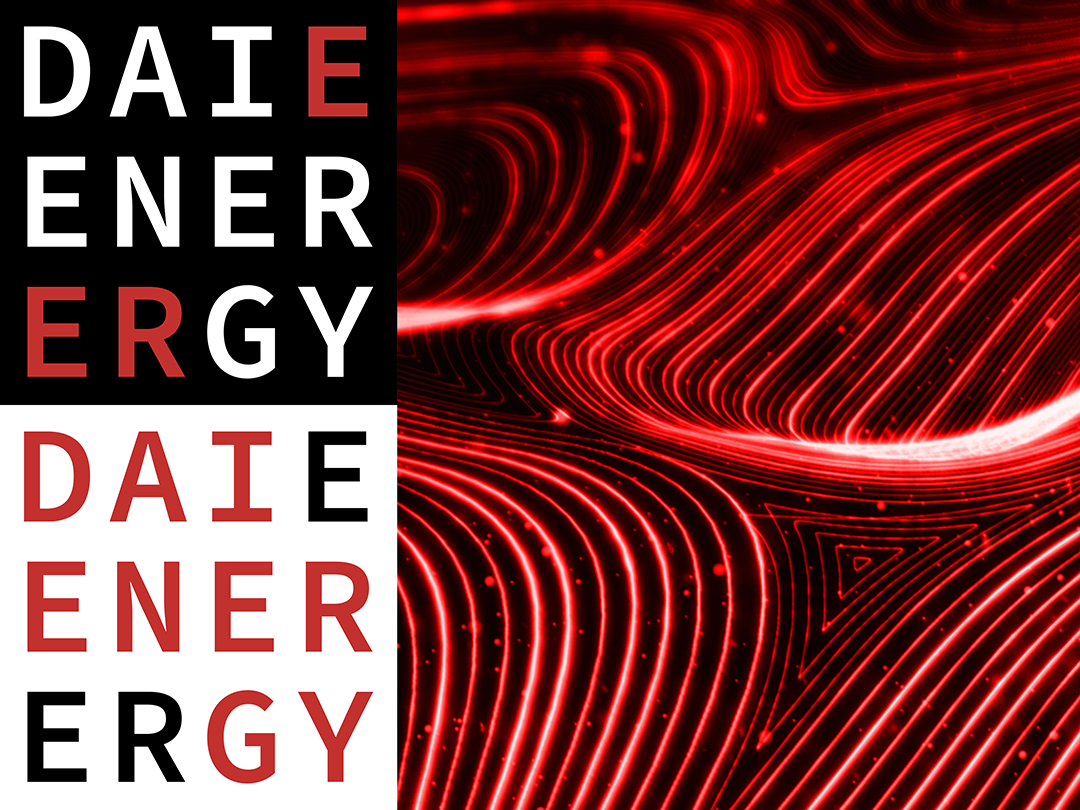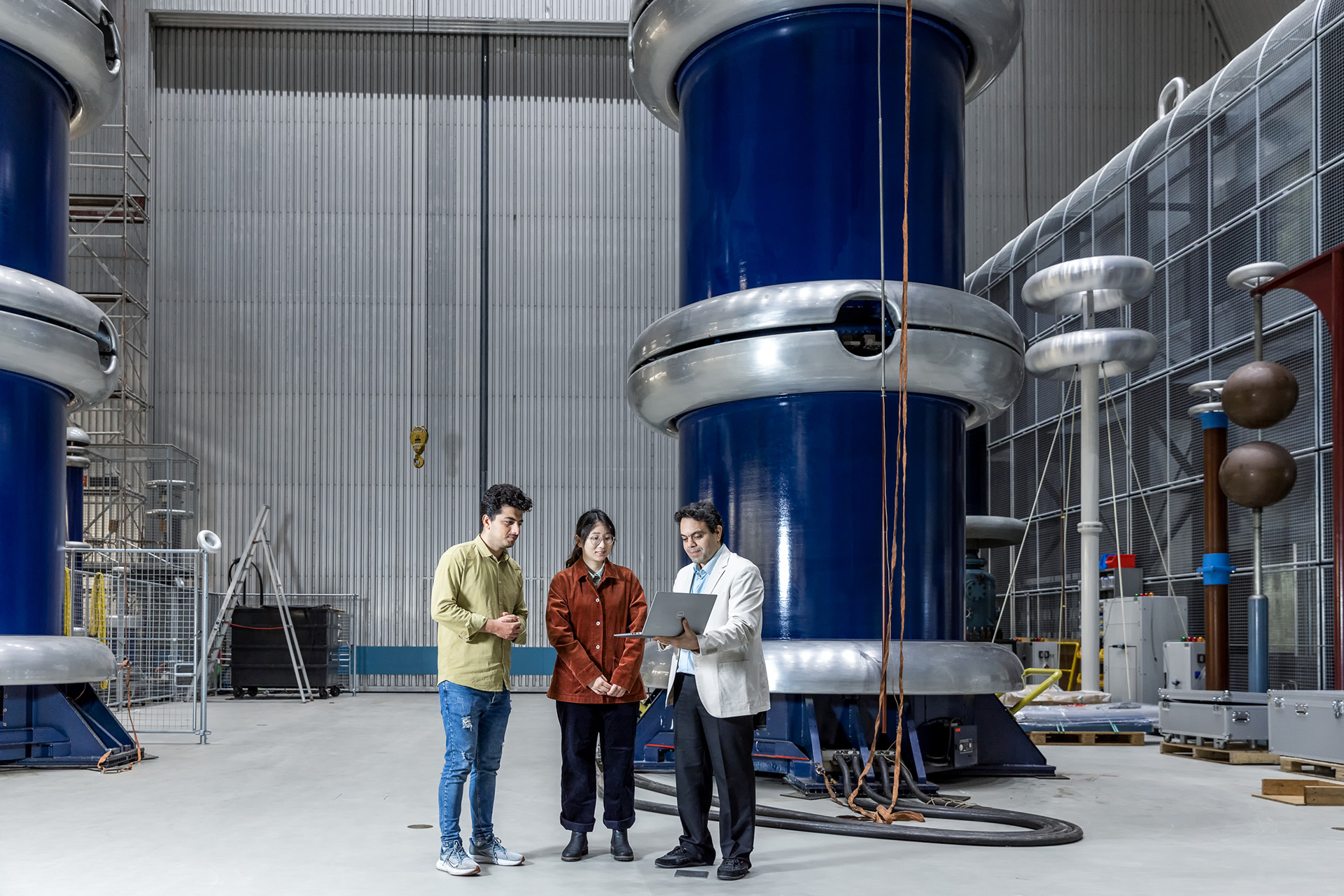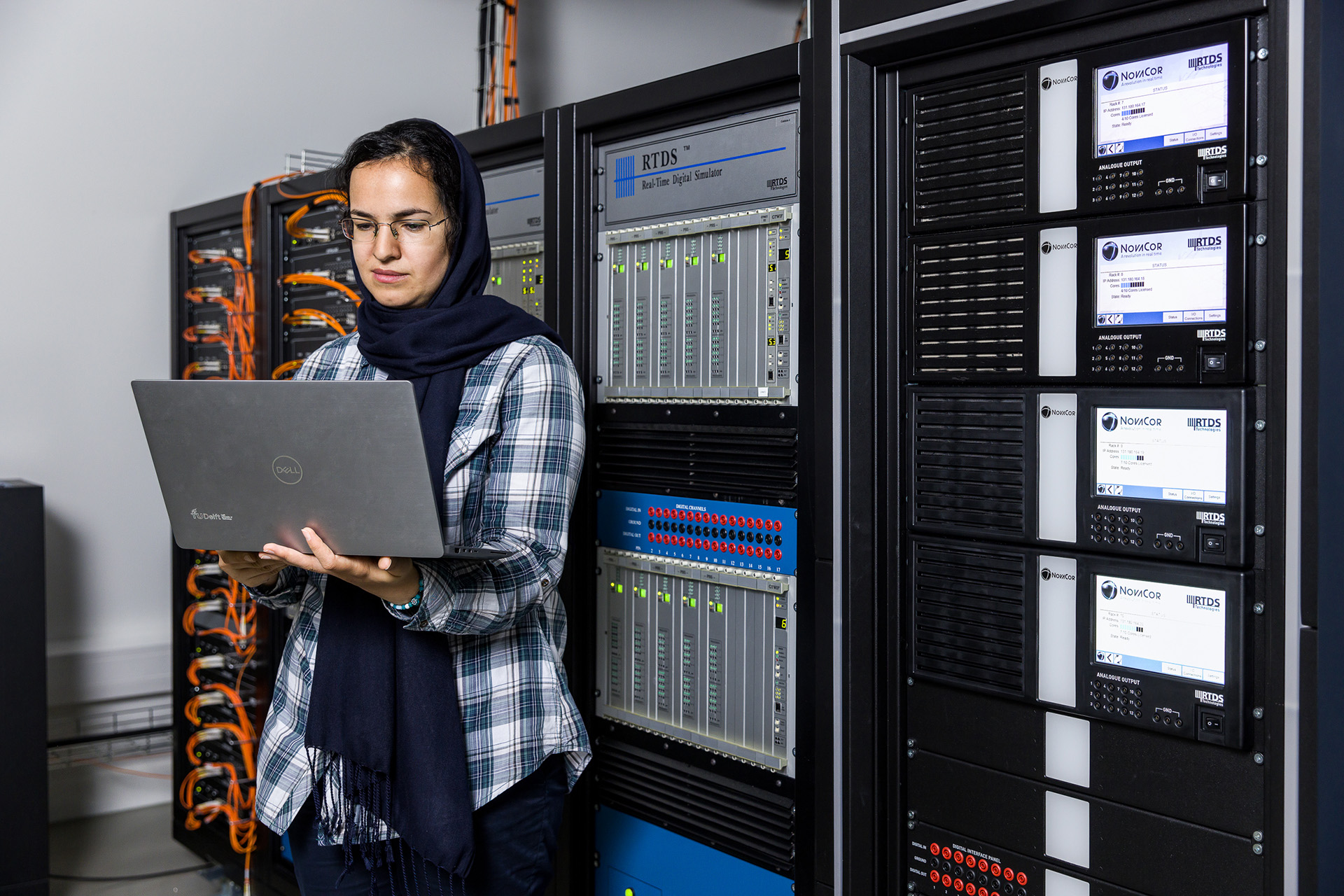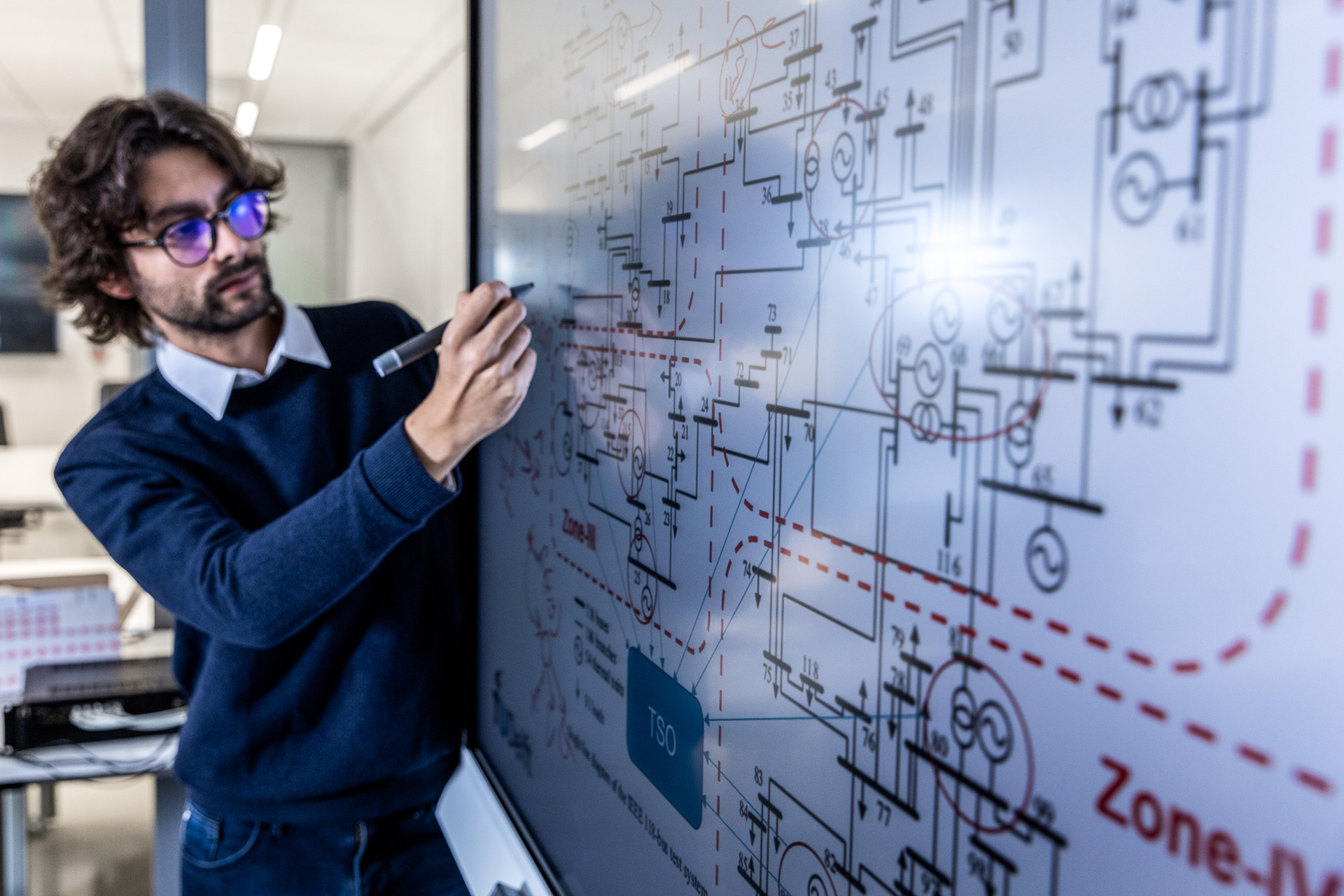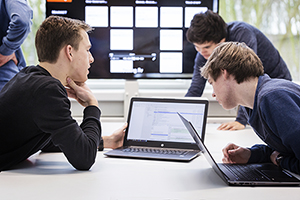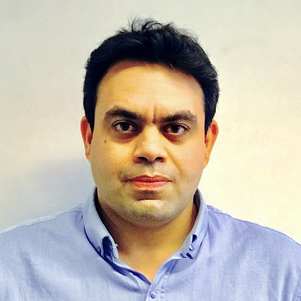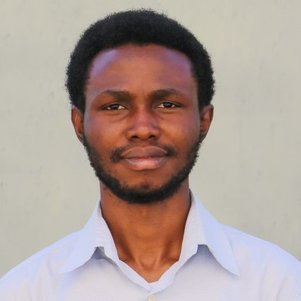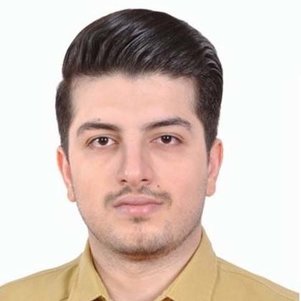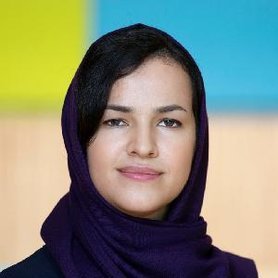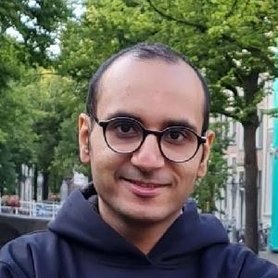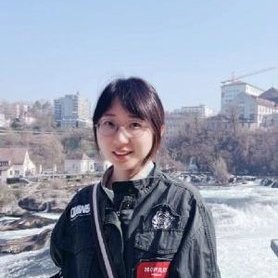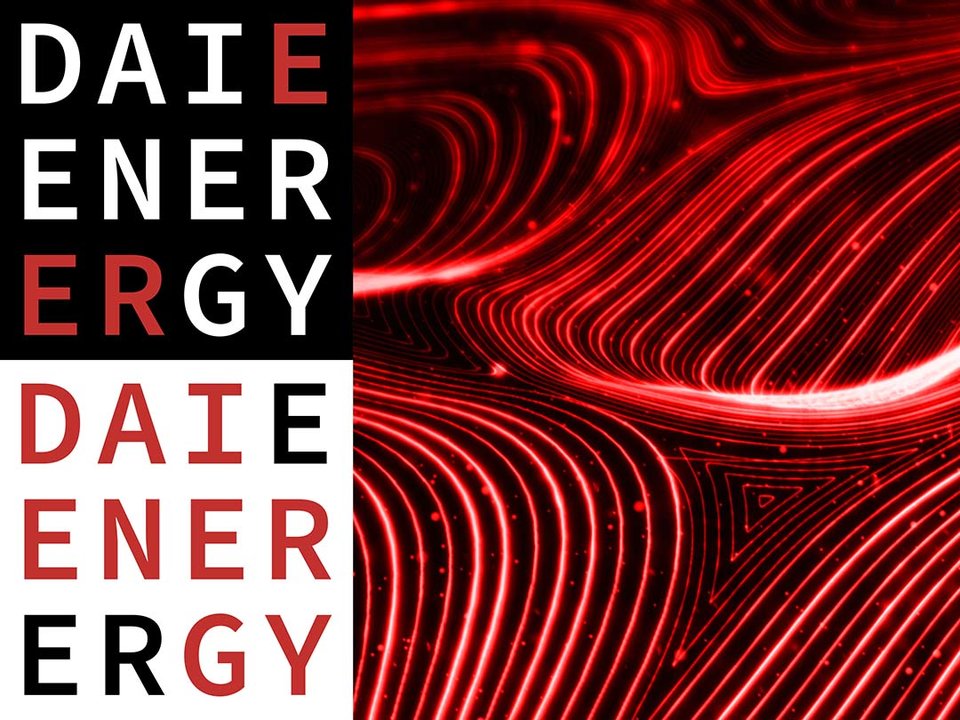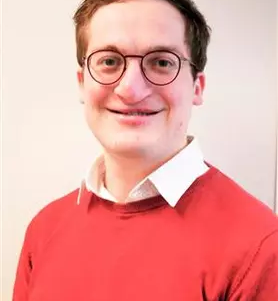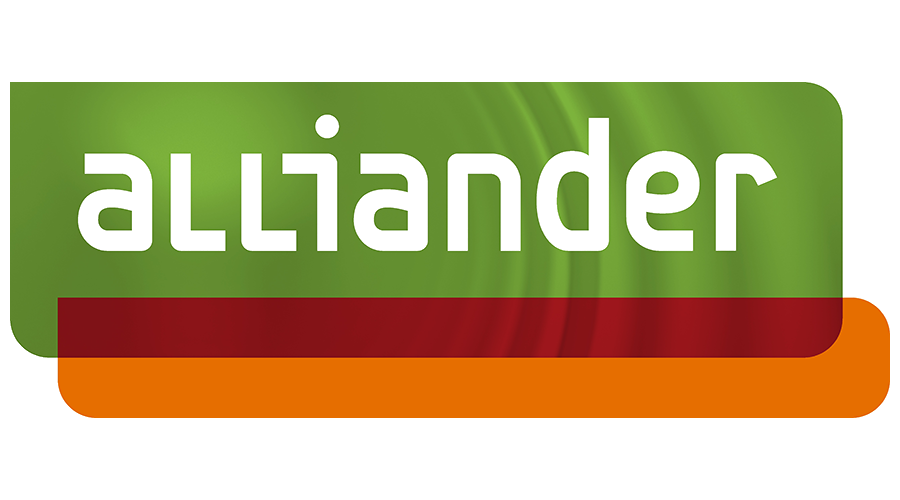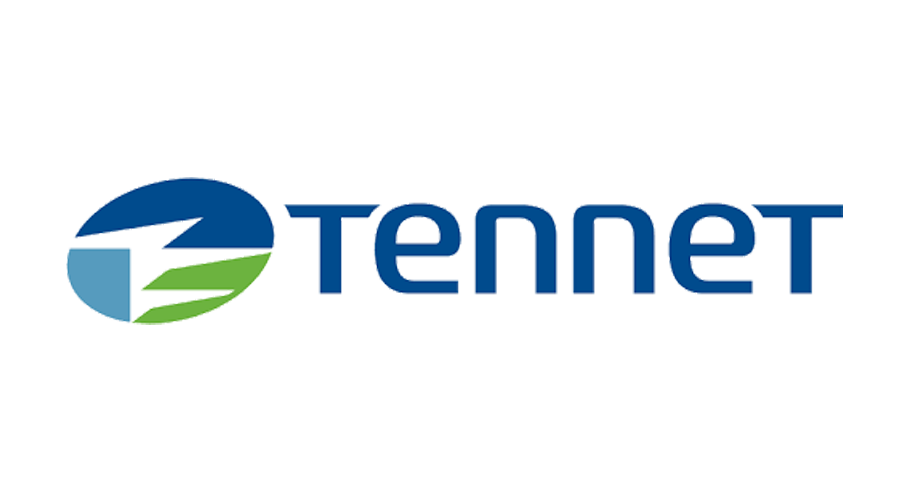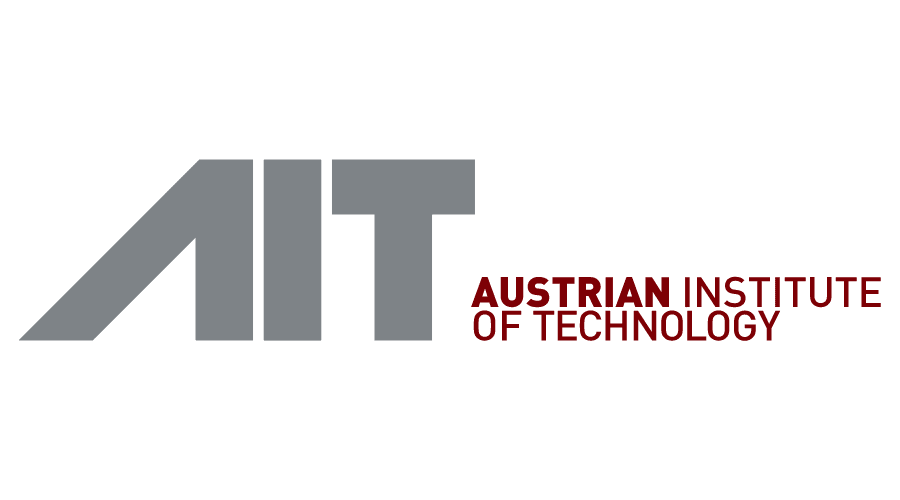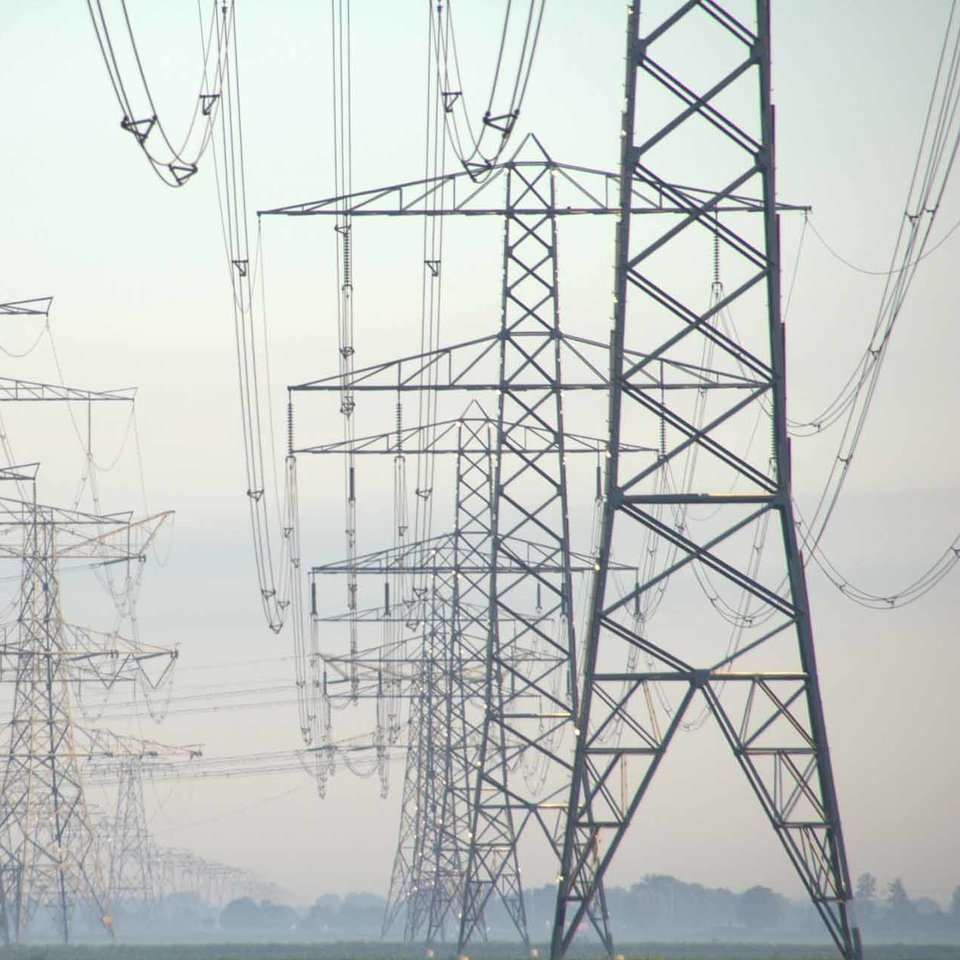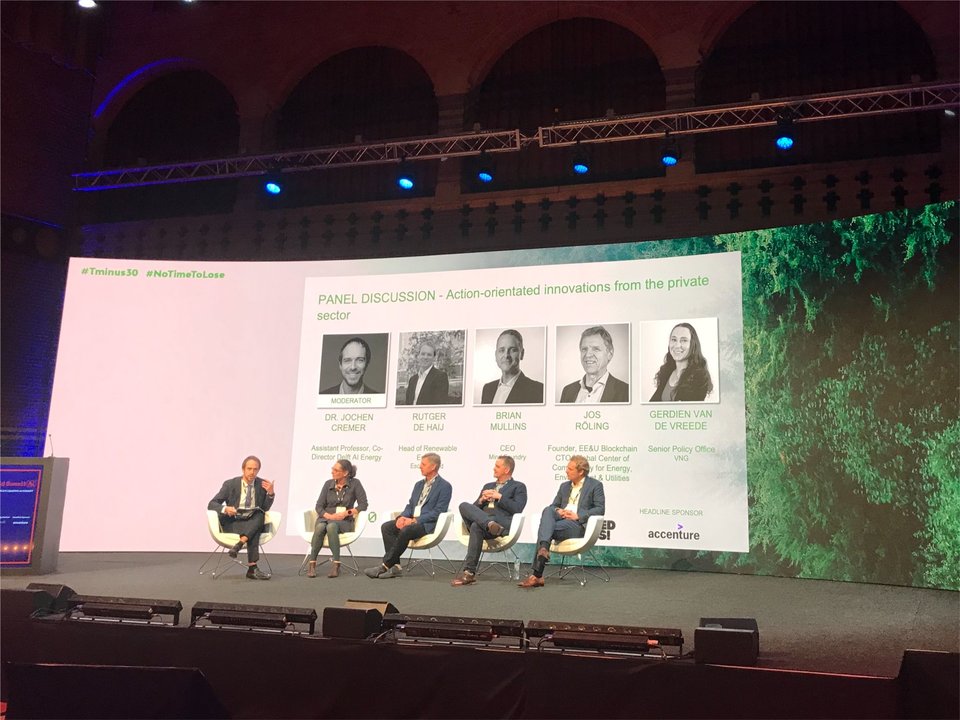Delft AI Energy Lab
AI for sustainable, reliable and effective energy systems
Energy systems are the backbone of our modern society. It is of great importance that these systems are sustainable, reliable and effective now and in the future. There is strong expertise in this field on the TU Delft campus. The Delft AI Energy Lab investigates how new AI-based methods can contribute to the management of dynamic energy systems.
Therefore we combine groundbreaking machine learning with the reliable theory of the physical energy system. For example, it is possible with the AI technique 'neural networks' to model differential equations describing dynamics in areas such as fluid dynamics, and for predicting extreme, rare events. Delft AI Energy Lab investigates these promising methods for applicability for monitoring the 'health' of parts of energy systems, and for the early detection of threats.
The Delft AI Energy Lab is part of the TU Delft AI Labs programme.
The team
Directors
PhD candidates

Perine Cunat
PhD researcher
Postdocs
Education
Courses
- EE4C12 Machine Learning for Electrical Engineering, 5 ECTS, EEMCS, Electrical Engineering MSc Program"?
- MOOC Digitalisation of Intelligent and Integrated Energy Systems
- SC42150 Statistical Signal Processing, 3 ECTS, ME, Systems & Control MSc program
- SC42110 Dynamic Programming & Stochastic Control, 5 ECTS, ME, Systems & Control MSc program
Resources
Master projects
Openings
- Neural Ordinary Differential Equations for Power System Dynamics
- From disease spreading to energy transition: AI in agent-based models
- Deep Reinforcement Learning for Coordinating Energy communities
- Machine Learning for Secure Operation of Power Systems
- AI to Predict Sustainable Energy Flexibility for TSO-DSO Coordination
Ongoing
Applied AI projects
- Distribution System State Estimation with Graph Neural Networks
- ML for Dynamics in power systems
- Algorithms for Distribution Grid Expansion
- Reinforcement Learning for Congestion Management
- Incentive-Based Community Management with Network Constraints
- Stable Diffusion for Energy-system Optimized Solar Nowcasting
- User-centric EV charging cycles to maximise battery lifetime
Fundamental AI projects
- Non-intrusive load monitoring for residential houses
- Scalable dictionary learning to learn high-level features
- Multivariable Anomaly Detection Framework for Multi-sensor Network
- Fault Detection and Isolation of Nonlinear Systems with Optimized Model Mismatch
- Robustness in Fault Diagnosis applied in the Lateral Control of Automated Vehicles
- Transferring Domain Knowledge to Data-driven Controller
Associated projects
- MSc Project proposal: Correlations for the hydrodynamics of spouted bubbling fluidized beds uzing CFD, ANN's & ecperiments
Finished
- “Reinforcement Learning for Coordinating Energy communities”, Catarina Santos Neves, TU Delft in collaboration with Instituto Superior Técnico, Lisbon, Portugal
- “Market mechanisms for Frequency Service provided by Dynamic Virtual Power Plants”, Torben Zeller, TU Delft in collaboration with RWTH Aachen University
- “Quantum Computing for Power Systems” Hjalmar Lindstedt, TU Delft
- “Market Mechanism Design for Virtual Inertia”, Johnny Zheng, TU Delft
- “Reinforcement learning for transmission network topology control” Geert-Jan Meppelink, TU Delft, in collaboration with NTNU, Trondheim, Norway
- “Neural Ordinary Differential Equations for Frequency Dynamics” Nila Krishnakumar, TU Delft
- “End-to-end learning for N-k SC-OPF” Bastien Giraud, TU Delft, in collaboration with NTNU, Trondheim, Norway
- “Data-Driven Adaptive Dynamic Equivalents of Active Distribution and Transmission Networks” Alex Neagu, TU Delft
- End-to-End Learning for Sustainable Energy Systems with PV and Wind, Rushil Vohra, TU Delft
- Meter Placement for Estimating Power System States, Sattama Datta, TU Delft thesis together with Alliander, DSO Netherlands
- Graph Neural Networks for State Estimation, Benjamin Habib, TU Delft thesis together with Stedin, DSO Netherlands
- Prediction of malfunctioning of PV panels with Machine Learning, Dion de Mooy, TU Delft
- End-to-End Learning for Sustainable Energy Scheduling, Dariush Wahdany, TU Delft, RWTH Aachen University
- Multi-Agent Reinforcement Learning for Incentive-based Residential Demand Response, Jasper van Tilburg, TU Delft
- On the Road from Active Inference to Regret Minimization, TU Delft, 2021
- Conjugate Dynamic Programming, TU Delft, 2021
- Tractable Algorithms for Large Scale Mixed Integer Quadratic Programming: A Principal Component Analysis Approach, TU Delft, 2021
- Learning Parametric Mixed Integer Quadratic Programming via Inverse Optimization, TU Delft, 2021
- On Complexity of Data-driven Controls in Stochastic Environments, TU Delft, 2021

